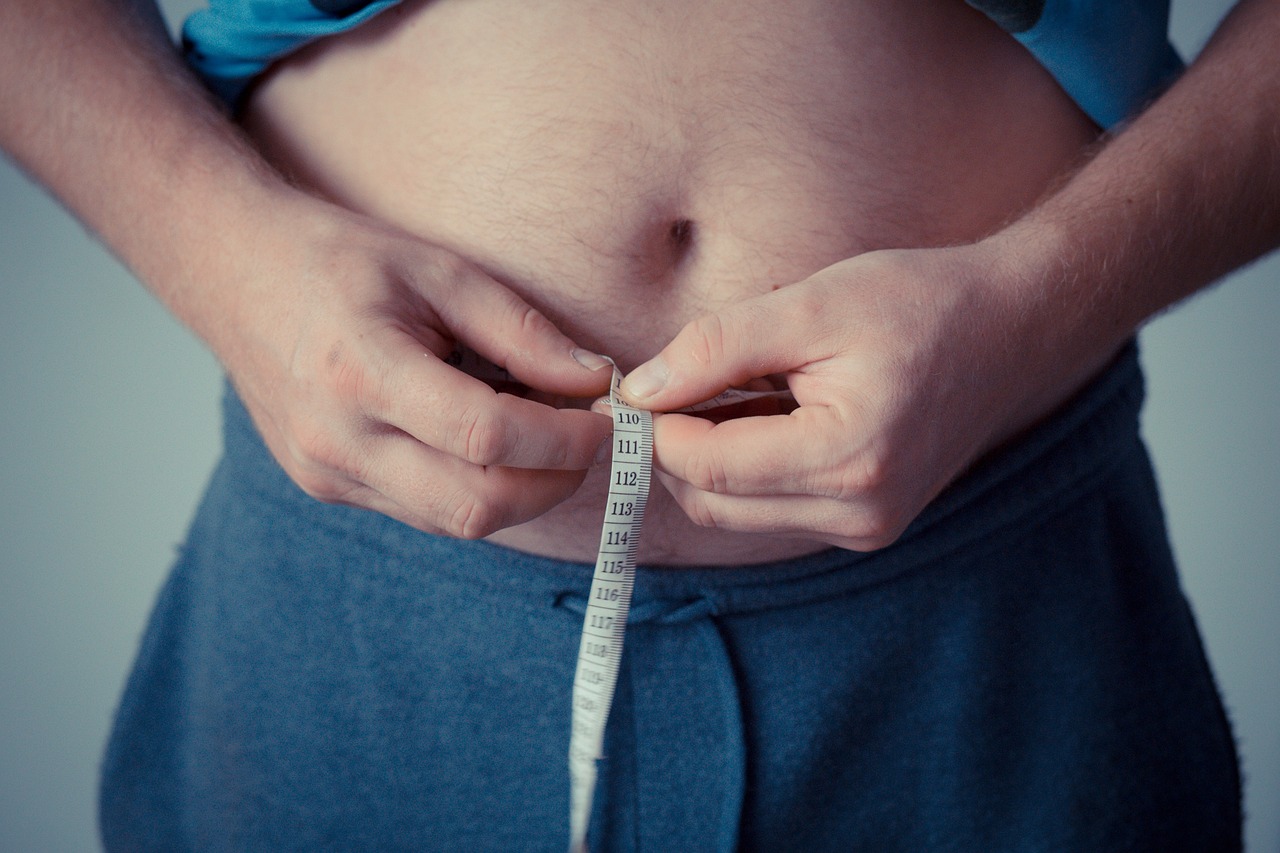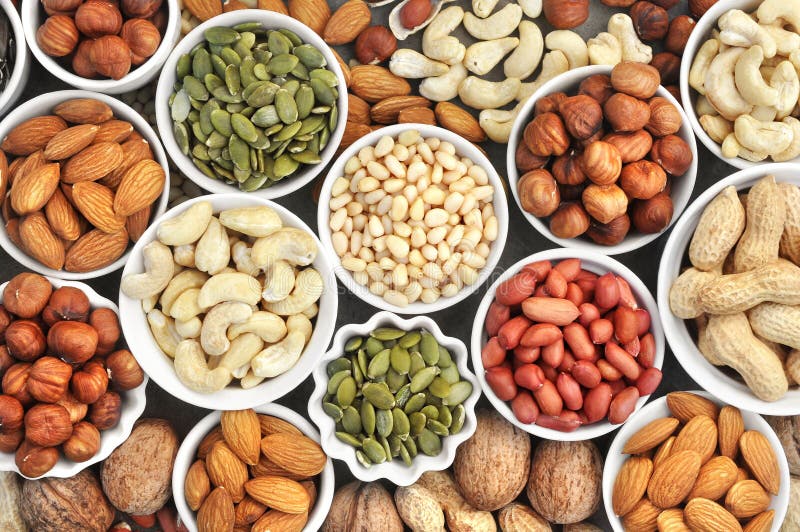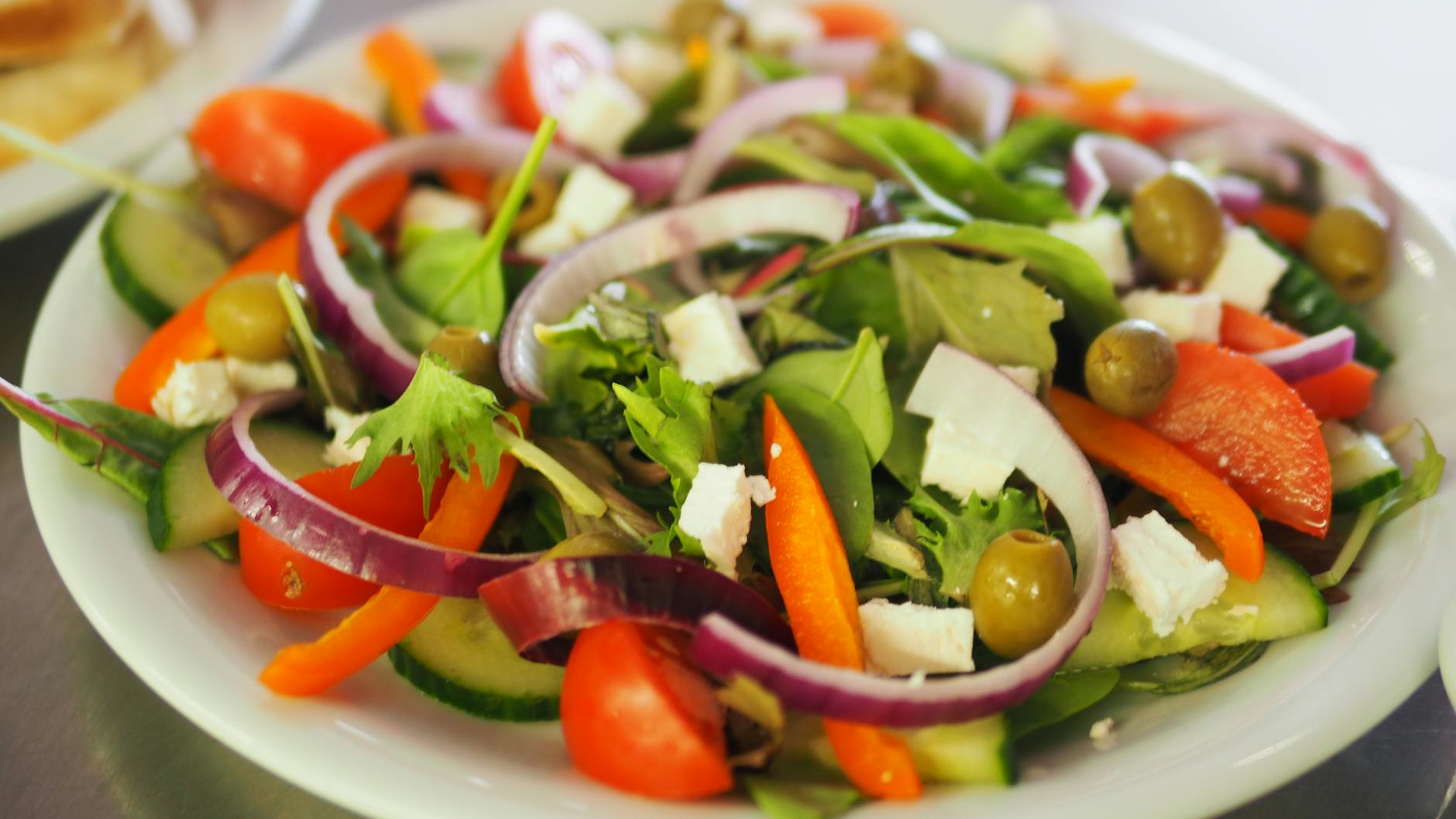If you’ve been skinny at some point during your childhood or teens, you’ve probably heard this from
your parents or
elders: “oh my god, you’ve become so thin! Eat a bit more, get some more weight on”, or something
like that. It is very
common as if our all elders were determined to get us looking chubby and plumpy like we were when we
were 2. And in our
teens, most of us took this advice and completely turned it on its head by consuming as much sugary,
fried foods as
possible, in the name of growth.

And no wonder we did somehow “put on some size” albeit in a shitty way. If you’re
reading this and you completely agree with the way just mentioned, get off this article and continue
to do that
approach. And see how good you feel and look 10 years down the road. But if you are determined to
build your body up the
right way and are unsatisfied with the vague advice you were handed down, disgusted at your friends
eating crap every
day, then read on.
The Body Fat
Even though males may not look fat, they usually have 10 to 20% bodyfat. And for women, it’s usually
15 to 30% in normal
cases. Problems start to arise for men who have body fat below 5%, or over 25%. For women, on the
lower end, it
preferably shouldn’t go below 10% and on the higher end, above 30%.

The lower end of body fat percentages in both men
and women aren’t reached except for cases of malnutrition and starvation, and by bodybuilders for
short durations during
competitions. So, in normal cases, we have enough fat in our bodies already that will guarantee our
survival. So, when
trying to gain weight, we should mainly focus on increasing muscle mass naturally, instead of
putting on fat.
Muscle Growth
Muscle Gain
generally does your health a lot of good and makes you look better as well. But most people mistake
putting on fat for
getting muscular.
The things needed for muscle growth are - a stimulus (which comes from overloading the muscle
through weight training),
water, protein, and energy. When people start doing weight training, they are usually advised to eat
more calories (like
our elders used to say) by people around them and fellow gym-goers.

The logic behind this suggestion is that muscle growth requires energy, which is true. And this
advice is right, for men who start working out with less than 10% body
fat, and for women who start out with less than 15% body fat, with the aim of increasing muscle
mass.
But for most
people, this energy for muscle building can also come from a different source: by burning the fat
that’s already present
in our body.
Body Recomposition
When we provide the stimulus, sufficient water, adequate-protein, and other nutrients our body
needs, but
we keep our caloric intake below maintenance level (required daily calories to maintain our weight,
depending on our
current level of activity), the body will provide energy for muscle growth by burning the fat
already stored in the
cells of the body.

This is called body recomposition, wherein the body burns fat and builds muscle at the same time.
But
what happens when people eat more calories than their maintenance level? The body stores the excess
calories as fat,
and people adding more calories to their diet keep getting fatter
And apart from the energy
requirement, the water, protein, and stimulus are equally important. If all are present, muscular
weight and size gains
will be made. If anyone is inadequate, gains will be lesser
Eat Better
So, focusing only on eating more calories, without making sure that the other requirements are met
will lead to weight
and fat gain for most people in normal body fat percentages. So, what most people can do instead of
trying to eat more,
is to eat better.

For people who weight train with the aim of putting on muscle mass, 0.7 to 1 gram of protein per
pound
of body weight per day is needed.
To recover effectively from the workouts, one needs around 1.5 to 2 grams of
carbohydrates per pound per day. And that should include non-starchy vegetables as much as possible
to fulfill fiber and
micro-nutrient requirements, and sufficient complex carbohydrates like grains, potatoes, etc.

For the energy requirements healthy fats like Omega 3’s are anti-inflammatory and help recover from
workouts by reducing soreness. And
plenty of water is required (a lot more than the suggested 6 to 8 glasses) because it affects
workout performance, muscle
growth, and how you feel from moment to moment. Avoid fried food, junk food, sugary food as much as
possible. And keep
the caloric intake slightly below maintenance level if you want body re-composition.
Body re-composition can be used by
anyone who has a moderate to high body fat percentage to build muscle while burning fat.
